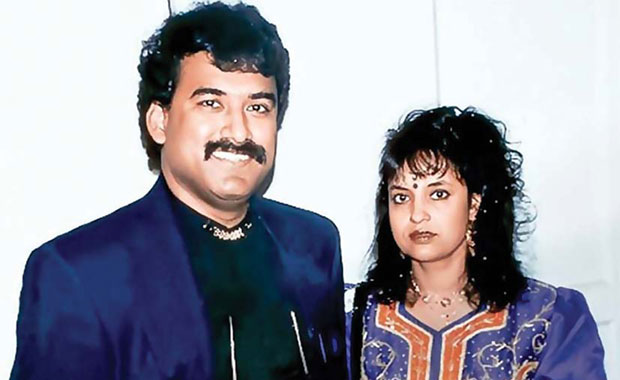“Yet to win war against negligence”
His relentless fight might have taken away the ‘untouchable shield’ from doctors guilty of medical negligence, but Indian American doctor Mr Kunal Saha insists there are miles to go to cleanse the Indian healthcare system—plagued by corruption and inefficiency

“How can a precious human life be worth even less than a second-hand car in India,” Mr Saha wondered.
The professor and private consultant in HIV/AIDS squarely blames the Medical Council of India (MCI) and its state bodies for the ‘plummeting standards’ of the Indian healthcare system, despite being a highly profitable venture.
“Corruption has been the biggest bane but the worst role in this regard is played by the MCI and state medical councils. They function more to shield their errant medical colleagues. Hardly any doctor is found guilty by them despite continuous horrific stories of innocent patients dying from medical negligence,” alleged Mr Saha.
He also expressed alarm over the mushrooming private medical colleges, mostly with inadequate infrastructure and faculty.
“The sheer number of private medical colleges is glaring evidence that money, not merit, has taken over the medical education system in India. In lieu of capitation fees, these colleges are churning out poorly-trained doctors every year by the hundreds,” said Mr Saha, squarely blaming the MCI for the state of affairs.
“The Indian government must wake up and stem the rot in the present medical system. All medical councils must be reformed with honest and competent doctors who would not hesitate to revoke the medical licences of unskilled and untrained doctors in order to protect the vulnerable patients,” Mr Saha insisted.
In order to promote a corruption-free healthcare and support victims of medical negligence fight for justice, Mr Saha has set up the Kolkata-headquartered People for Better Treatment (PBT), which now has branches in a number of cities like Delhi, Ahmedabad, Lucknow and Bangalore.
The PBT now has a long list of victims of medical negligence including the likes of movie stars, singers, sportspersons, lawyers and even political leaders.
It’s the PBT public interest litigation that led the Supreme Court to introduce two new provisions in the MCI Code of Ethics and Regulations.
The new provisions mandate the state councils to decide a complaint against a doctor within six months and empower a victim of alleged medical negligence to file an appeal with the MCI against the decision of the state medical council.
“PBT has not been able to reach much of the remote corners of India despite our best intention and untiring work by numerous altruistic volunteers, many of whom are victims of medical malpractice themselves,” said Mr Saha.
Talking about his seemingly impossible fight that even forced him to file for bankruptcy, Mr Saha asserts his battle is not against doctors.
“This was a seemingly impossible battle where I had suffered many setbacks. I had to pay an enormous price, personally, professionally and financially, in order to win this almost impossible battle for medical justice in India. In fact, I had to file for bankruptcy in 2010 and also had to foreclose my home in Ohio in 2011.
“But it was and still is a true crusade for me. This battle is not against the doctors. My fight is not only for my wife but for the countless Anuradhas who are dying needlessly in hospitals across India every day,” Mr Saha asserted.











Comments.